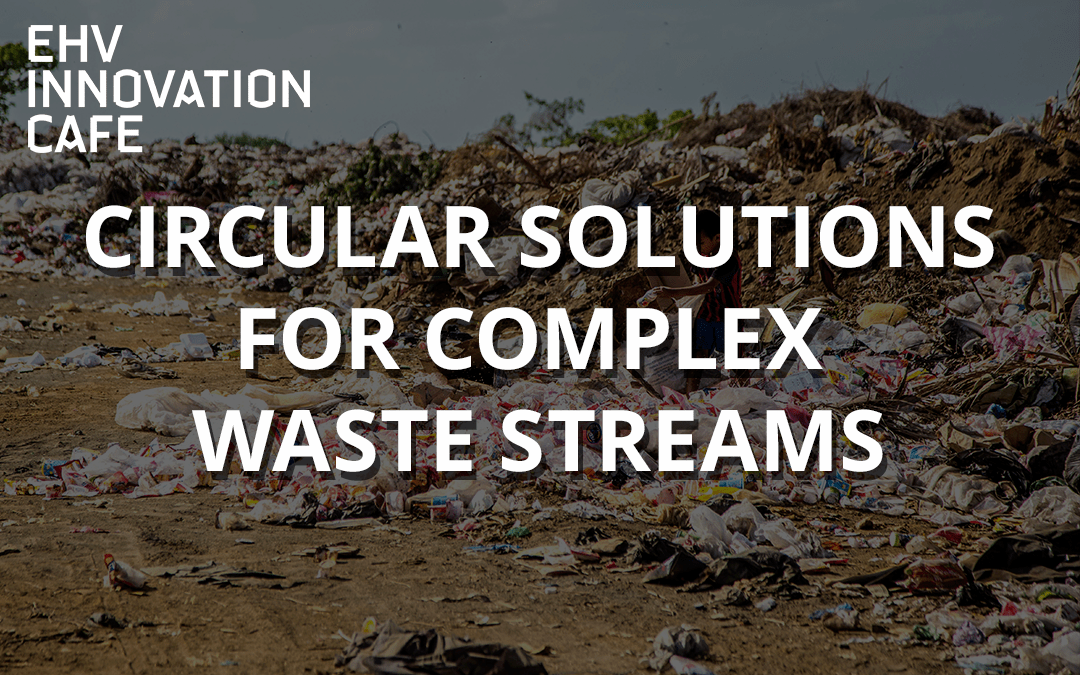Student team CORE focuses on researching and enabling the recycling of hard-to-process waste streams like e-waste and contaminated soil
In 2016 alone, 44.7 million metric tonnes of e-waste were generated, which is the equivalent of 4500 Eifel towers. This is expected to grow to 52.2 million metric tonnes by the end of 2021. Of this only 20% is supposed to be collected and recycled, the other 80% is not documented and very likely to be dumped, traded or recycled under inferior conditions. This huge improperly treated waste stream does not only harm the environment but also the health of animals, including humans, that come in contact with it. There are about 60 different chemical elements present in this e-waste stream that spread via water, air, soil, dust and food. Some of these elements, like lead, mercury and cadmium, are very hazardous, especially for children, and can lead to irreversible cognitive deficits and behavioural and motor skill problems. Besides this, not properly recycling e-waste also depletes our earth of very precious and rare materials like gold and platinum. This may not only lead to shortages, but also requires the continuous mining of new raw materials which is very hazardous and damaging to the environment on itself.
Team Core believes in a world where these problems are non-existent. That’s why they are working on a solution that allows for the industrial application of elementary retraction: a technology that they leverage for recycling materials, such as e-waste, properly.
Missed this edition? Don’t worry, we’ve got your back. Rewatch it here:

